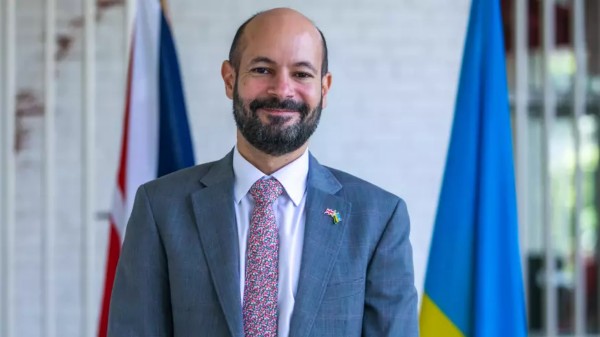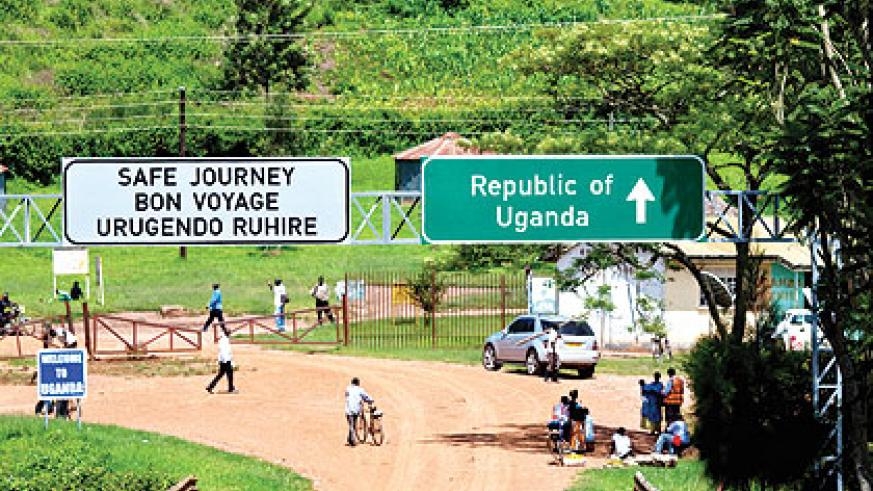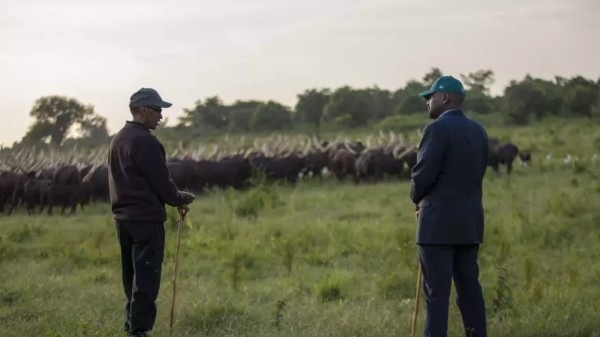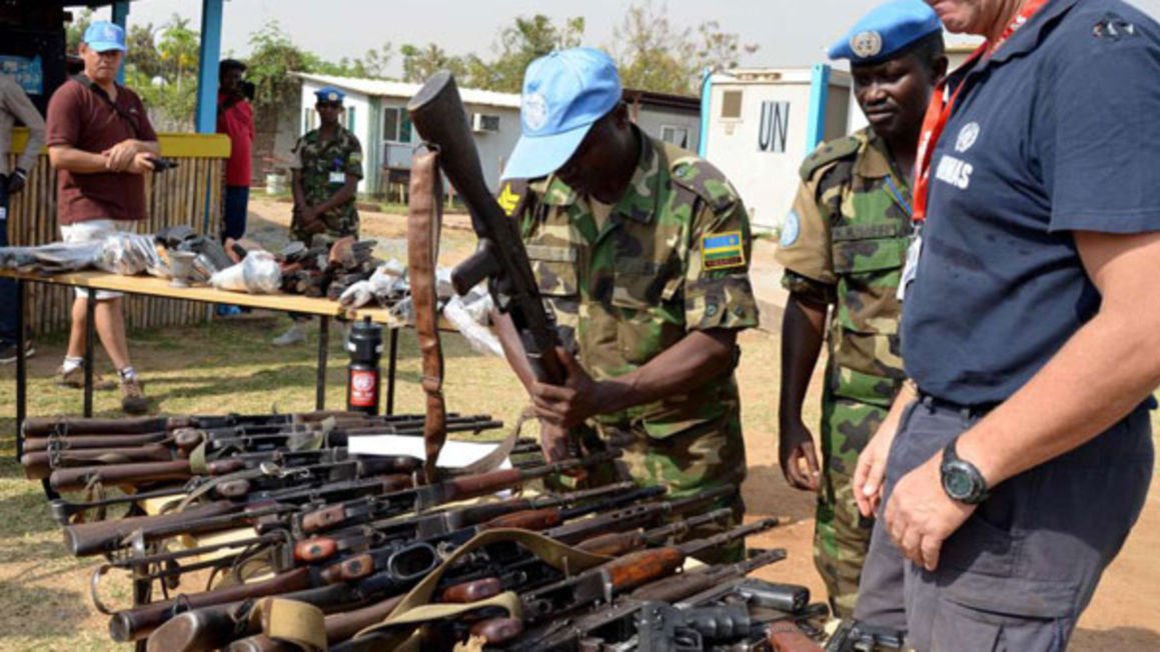Regional
Kenya: Why Raila should not underrate Ruto
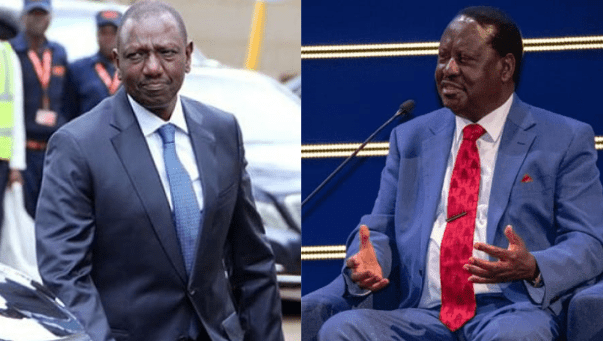
On
his recent trip to the United Kingdom, Orange Democratic Party (ODM) leader and
presidential flag bearer of AZIMIO Coalition, Raila Odinga, told BBC that Uhuru
Kenyatta will be his advisor when he becomes President.
“He
will help me with advice. I shall be consulting him just as he consults me
now,” he said in an interview on BBC.
On hearing Raila’s responses during the
interview, one would conclude that he is overconfident that nothing will stop
him from taking presidential seat come August. At the Azimio La Umoja’s
National Delegates Conference on March 12, Kenyan President Uhuru Kenyatta told
delegates that he believes Raila has the right leadership tools to elevate
Kenya into a booming state.
Kenyatta’s support for Raila may have given him much confidence to feel that he is a few months away to becoming the fifth president of Kenya. This kind of early confidence of Raila’s win was also echoed by the Jubilee Party Vice Chairman David Murathe who said that the Azimio La Umoja flagbearer will win the upcoming August presidential election with or without votes from the Mt. Kenya region.
“This
is the message to Mt Kenya... Raila is winning this election. They better
decide whether he is winning with them on board or without them on board. If
Raila wins without them on board, they know they will be consigned to the
dustbin,” Murathe said, while appearing on Citizen TV’s News Night show on
March 15.
Raila
supporters believe that he is a senior politician and assume that for him to
win the presidency is a walk over.
However, political analysts see Ruto as a hard political nut to crack despite
the fact that it is his first time to vie for the presidential seat.
Ruto’s
political background reveals that he is a strong mobiliser who has the charm to
turn opponents into allies. In 1992, Ruto belonged to the powerful youth group
known as Youth for KANU (YK 92). Ruto and Cyrus Jirongo had access to huge
state resources which they used to buy the opposition at a time the popularity
of KANU party under President Daniel arap Moi
was at the lowest. The country’s
economy was on its knees and corruption was at its highest.
"The
YK '92 mobilised the youth all over the country, promising a Kanu change from
within and opportunities for unemployed youth and other marginalised groups. A
lot of resources backed this rhetoric," political analysts Karuti Kanyinga
and Murimi Njoka wrote in The Role of Youth in Politics: The Social Praxis of
Party Politics Among the Urban Lumpen in Kenya.
Like
in the Moi era, Ruto is eyeing massive numbers of unemployed youth, workers in
the informal sector (Jua Kali) and small business people, who he identifies
himself with under the slogan of ‘hustler.’ In his campaigns, Ruto tells these
groups that he is one of them since he was born in poverty and he knows how bad
it is, unlike his competitor, Raila, and Kenyatta who were raised up in rich
families and therefore, do not understand the suffering of the common people.
The
‘hustler’ narrative and the ‘wheelbarrow’ trade mark have made Ruto popular
among the low class citizens. Like in 1992, Ruto has a deep pocket that can enable
him to buy voters.
Although
President Uhuru Kenyatta campaigned for Raila in the vote rich Mt. Kenya region
and urged residents to vote for him, the region seems to be divided with Ruto
currently commanding substantial support. Political analysts believe that Mt.
Kenya region will be the battle ground to determine the winner between Raila
and Ruto.
Ruto
is a tough talking politician and a refined orator, who promises to eradicate
poverty, to create markets for the citizen’s agricultural produce, and fires up
crowds in his political rallies.
Ruto
is said to be drawing from the lessons
of the YK 92 political movement 28 years ago by reenacting its grassroots
networks to popularise himself in every corner of the country.
On
the other side, the YK 92 group was blamed to be the architects of tribal
violence in the rift valley region in 1992 and 1997. Kikuyu farmers were
violently evicted from the region during election times. During the 2007
elections, the rift valley province again witnessed the worst tribal
post-election violence that left a number of people dead while others were
evicted from their homes. With Ruto now claiming that there are plans to steal
votes, it has been widely interpreted as an early warning that he is likely not
to accept the results of the polls in case he lost. This has kept many worried
that election related violence is likely to happen again.
All
in all, Raila should not count on his seniority in politics and support by the
incumbent president to dismiss Ruto as a political novice.
Ruto’s
‘hustler’ campaign slogan of identifying himself with the poor and marginalized
has earned him popularity among ordinary wanainchi (citizens) who are likely to
vote for him in large numbers.


